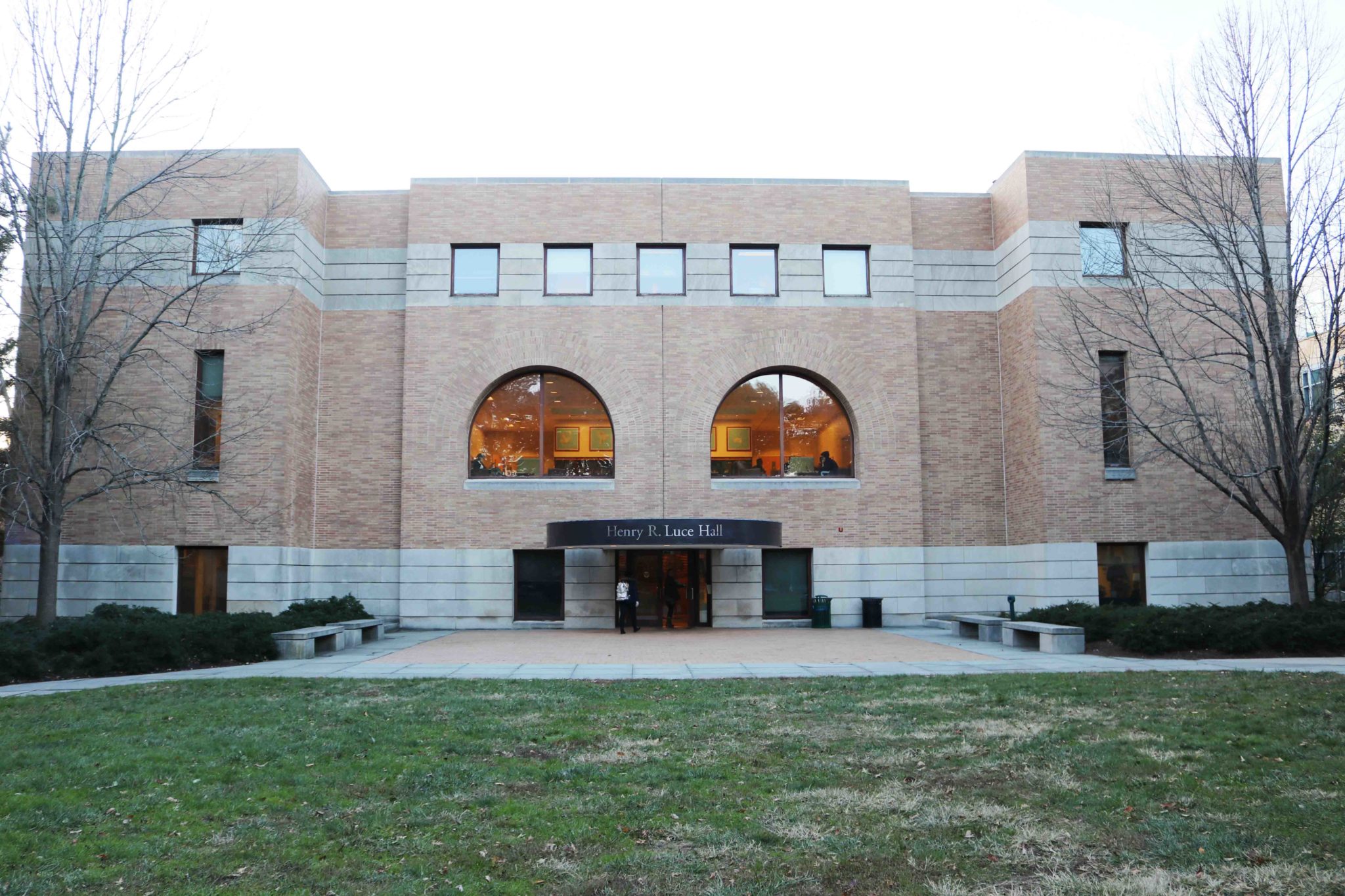LATINX SPECIAL ISSUE: Students, faculty reflect on Latin American studies major
This piece was produced for the News' Latinx Special Issue

The Yale Daily News.
Though the Latin American studies major is small — with between three and 12 seniors graduating each year — four affiliates underscored its importance, particularly for providing interdisciplinary education on Latin America.
“The LAS major provides students with an interdisciplinary foundation to understand the societies, cultures and institutions of Latin America,” said Ana De La O Torres, director of undergraduate studies for the Latin American studies major. “We cover languages, literature, social sciences, history, history of art, among other disciplines across the campus. With a strong foundation and a comparative approach, LAS students can examine global challenges, such as democratic erosion, climate change, global poverty, inequality, the rise of populism, among many others, from the perspective of the region.”
De La O Torres highlighted the Latin Studies Undergraduate Fellows Network, which is run by the Council on Latin American and Iberian Studies and gives students priority funding to attend conferences or conduct research. The Council also organizes career conversations to connect students with alumni and broadly introduce them to different professions that might be open to them.
Richard Cardoso ’24, who is part of the undergraduate student network with the Council on Latin American and Iberian Studies and a prospective Latin American studies major, said that many people seem unaware the major exists, noting that a friend told him how they wished they had known about the major earlier. Even he was not aware of an opportunity in the major to learn an Indigenous language with a private tutor, and missed the deadline to sign up, he said.
“I really enjoy being a part of Latin America studies because what I teach is more holistic views of life and the world and history in Spanish,” said Margherita Tortora, a senior lecturer in Spanish. “Latin American studies leaves you open. You could concentrate on political science. You could concentrate on history. You could concentrate on art. You could concentrate on anthropology or sociology. It’s all within Latin American Studies.”
Toratora, who teaches “Spanish in Film: An Introduction to the New Latin American Cinema,” said that the program’s broad scope complements the holistic learning featured in film classes. She said that students learn linguistic views in film, since they are exposed to different accents.
Students also have the opportunity to learn about the filmmaker’s background and motivations when they visit classes. “Here in the United States we usually get a pasteurized version of what is going on in other countries,” Tortora said while reflecting on a recent conversation with her former students.
As a faculty member associated with the Latin American Studies program, Tortora has prioritized enriching her students’ understanding of Latin America. She said that the independent films she shows her class and screens through the Latino and Iberian Film Festival, of which she is a founder and executive director, help her achieve this goal.
Chase Daneker ’24 is part of the undergraduate student network with the Council on Latin American and Iberian Studies, which sponsors events, research and courses with support from the History, Political Science, Anthropology, Spanish and Portuguese Departments. Daneker is currently taking professor Moira Fradinger’s film class.
“They’ve been some of the most interesting classes I’ve taken at Yale,” Daneker said. “The professors, you can tell, care a lot about the material. They’re always very excited that people want to take these classes with them.”
Both of Cardoso’s parents come from Mexico, but he said that he did not learn a lot about Latin America through his formal education in Dallas, Texas.
“My end goal is learning more about Latin America, its culture, its roots, and more so, its importance in the world today,” Cardoso said. “I feel like it’s an area of the world that is very much overlooked. Because of that, I might want to create a kind of focus on it.”
Cardoso is considering focusing on international law with the intention of practicing law in Mexico. He said that he has always felt a connection to Latin America, but has not had the opportunity to visit the region for very long. Through the classes he’s taken, he has developed a list of places where he wants to visit and people he wants to meet. The Zapatistas in Chiapas, Mexico are one of his most recent interests. Cardoso’s interest in going to Mexico developed while at Yale.
“I’m from South Dallas which is very much a Black and Brown community and so coming in as a PWI, it feels like a very different place,” Cardoso said. “So I think that really showed me how important a Hispanic community was to me. Even though I’ve experienced a Hispanic community where I am from, it’s very much a Hispanic community diaspora, so I really want to see and live in a Hispanic community originally in Mexico.”
The Council on Latin American and Iberian Studies was established in 1962.







